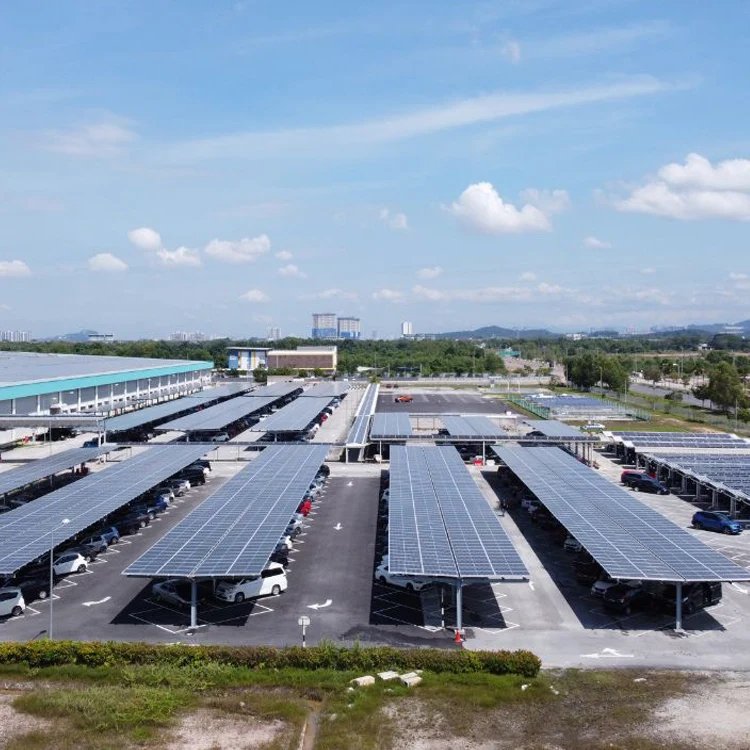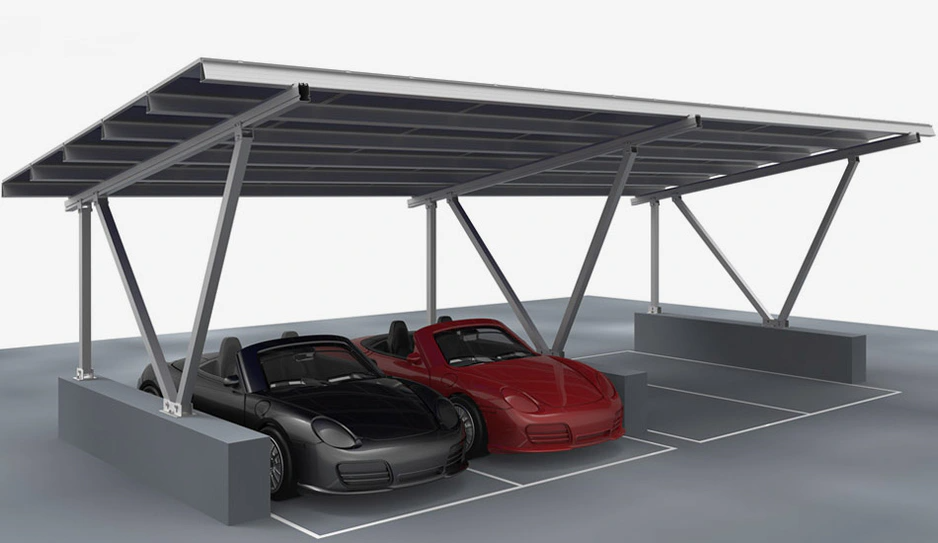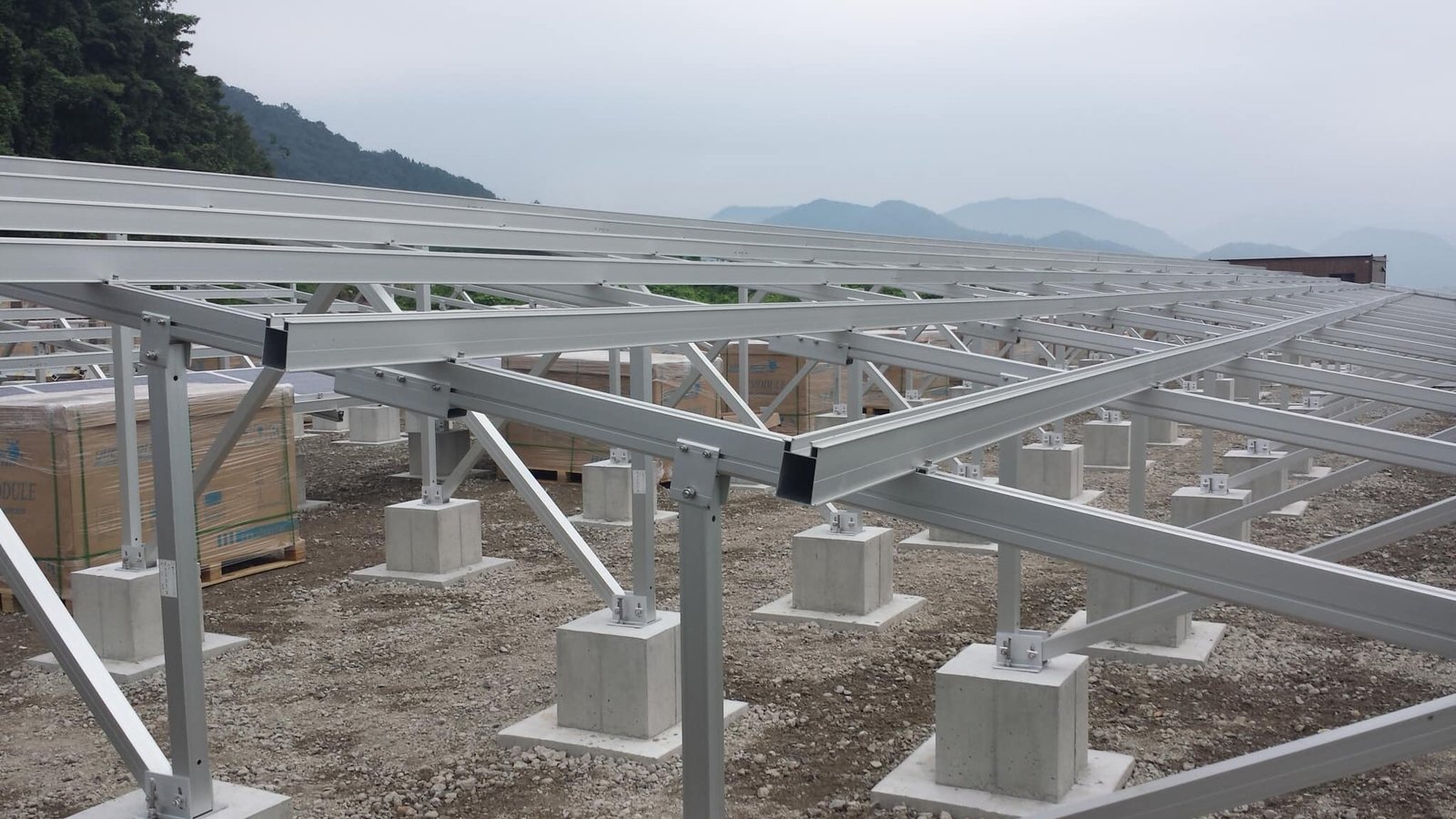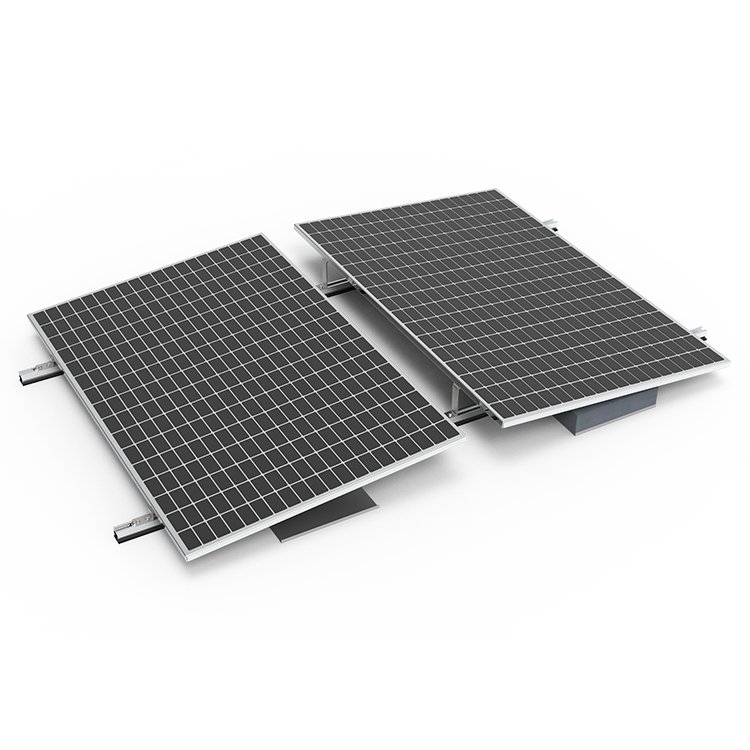-
2103 Kamer NO.322 Xinggang One Road, Haicang District, Xiamen Fujian, China

Is Solar Power System Maintenance Necessary? Comprehensive Guide to Regular Inspections, Daily Checks, and Costs
Solar power systems require regular maintenance to prevent malfunctions, ensure stable operations, and comply with local regulations. In countries like Japan, maintenance is even legally mandated under the amended FIT law. However, regular inspections and cleaning practices are essential regardless of location, helping maximize system performance and lifespan.
This article explains why solar power maintenance is necessary, what it includes, the expected costs, and how you can streamline maintenance operations.
Table of Contents
Why Is Solar Power System Maintenance Necessary?
There are three main reasons:
Legal Requirements
In Japan, maintenance was once only mandatory for large-scale (>50kW) solar plants. Since the 2017 FIT law amendment, even residential solar systems under 50kW must perform maintenance if participating in the feed-in tariff program. Failure to maintain your system could result in administrative penalties, revocation of certification, or loss of subsidies.
Similarly, many regions globally require periodic maintenance for safety and system certification.
Preventing Power Loss and Equipment Failure
Solar panels can get dirty from bird droppings, dust, pollen, or leaves. This dirt can reduce efficiency and lower energy production.
Timely maintenance helps:
- Remove surface contaminants
- Detect panel cracks or connector issues early
- Extend overall system lifespan
For a deeper understanding of generation efficiency, check out this related guide: Solar Power Generation Efficiency Explained
Accident Prevention
Loose panels can detach in strong winds, causing serious injuries or property damage.
Inadequate maintenance can also lead to:
- Fires from hotspots
- Cable faults
- Power conditioner (inverter) overheating
Thus, checking mountings, connections, and fire risks through regular inspections is vital.
What Does Solar System Maintenance Involve?
Maintenance typically includes two types:
Professional Regular Inspections
Professional companies such as contractors or solar panel manufacturers recommend the following schedule:
- First inspection: 1 year after installation
- Subsequent inspections: Every 4 years
Common inspection items:
- Insulation resistance and open circuit voltage of solar modules
- Checking for inverter noise, heat, and ventilation blockages
- Checking bolts for looseness
- Visual inspection for cable damage, mounting rack corrosion, shading from weeds, etc.
Explore our Solar Ground Mounting Systems which are designed for easy maintenance.
Daily Owner Checks
Solar owners are encouraged to:
- Monitor daily power generation
- Visually inspect for damages
- Check for unusual sounds or smells
Example Daily Inspection Checklist
| Part | Checkpoints |
|---|---|
| Solar Panels & Mounting | No significant dirt, cracks, deformation |
| Frame & Structure | No rust, major scratches, or severe deformation |
| Wiring Cables | No significant damage or exposure |
| Roofing Materials | Intact, no gaps or displacements |
| Surrounding Area | No significant shading, bird nests, or overgrown plants |
| Inverter (PCS) | No external rust, cracks, abnormal heat, noise, or display errors |
| Junction Boxes, Switches | No exterior rust or cracks |
Maintaining mounting system integrity is crucial. Consider reliable systems like the C-Steel Ground Mount with Screw Pile Foundation.
How Much Does Solar Maintenance Cost?
Based on Japanese and international cases:
| System Type | Annual Maintenance Cost |
|---|---|
| High-Voltage Systems (Industrial Scale) | 1 to 2 million JPY (~$6,500 to $13,000 USD) |
| Low-Voltage Systems (Small Scale) | 100,000 to 150,000 JPY (~$650 to $1,000 USD) |
Additional repair costs (if needed):
- Panel replacement: $350 – $1,000 per panel
- Inverter replacement: $700 – $2,000 per unit
These costs may vary depending on local conditions, system size, and contract terms. Systems with easy-access designs like Aluminum Ground Mount Systems can reduce maintenance labor.
Images
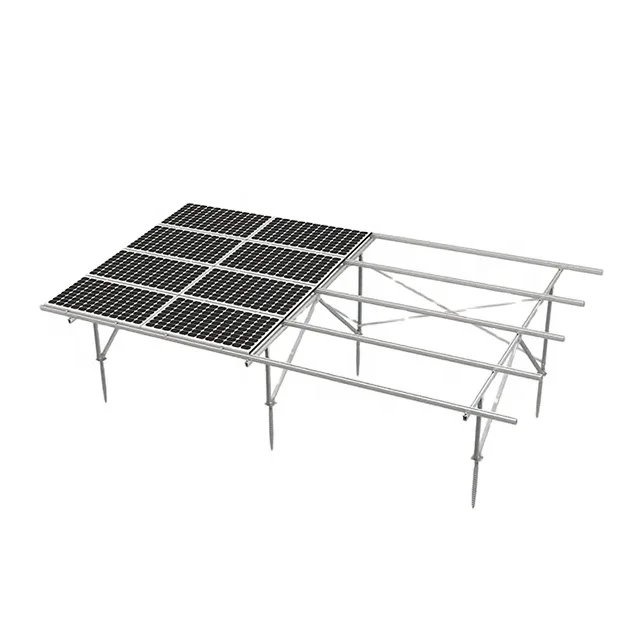
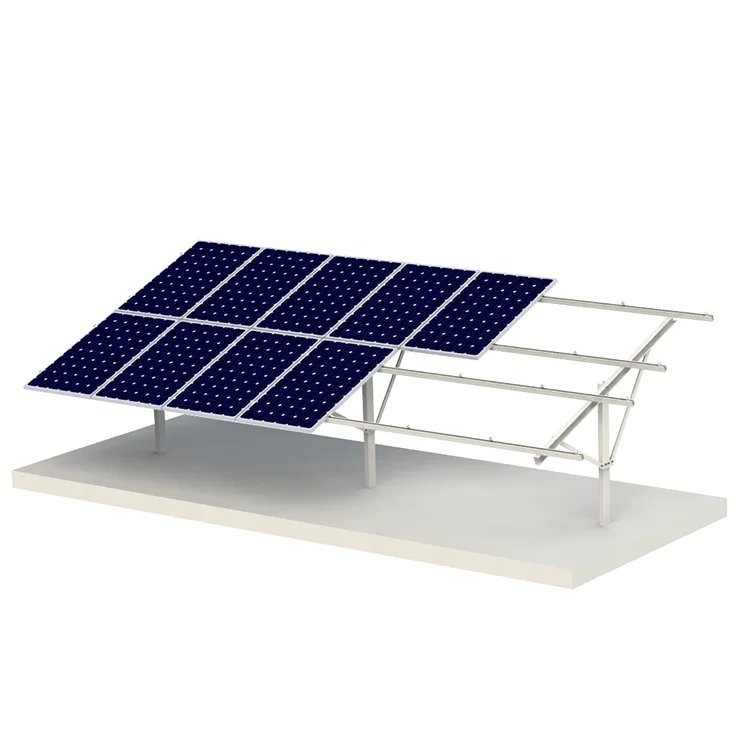
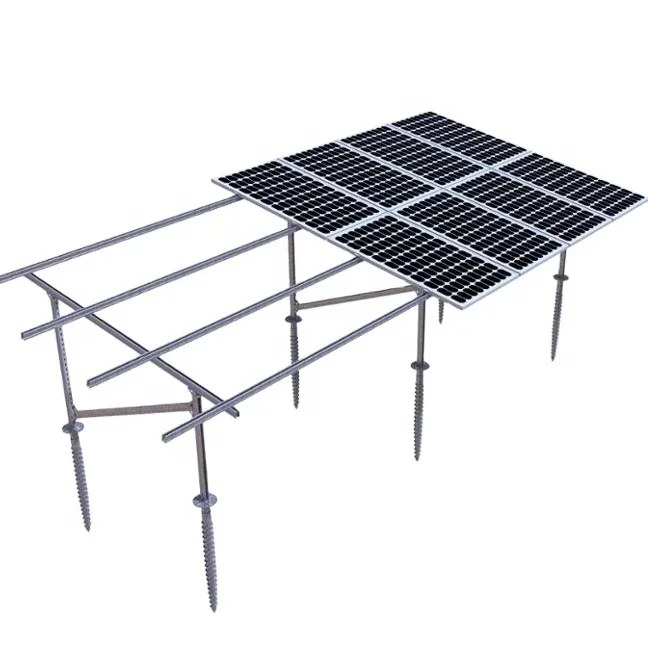
Conclusion: Maintain Your Solar System for Safe, Efficient Operation
Solar power system maintenance is not only a legal obligation but also crucial for maximizing output, preventing accidents, and extending the life of your investment. Combining professional periodic inspections with daily self-checks is the best practice to operate trouble-free.
If you are looking for a durable, low-maintenance racking system, we recommend our high-quality Solar Mounting Accessories to support your solar success!


